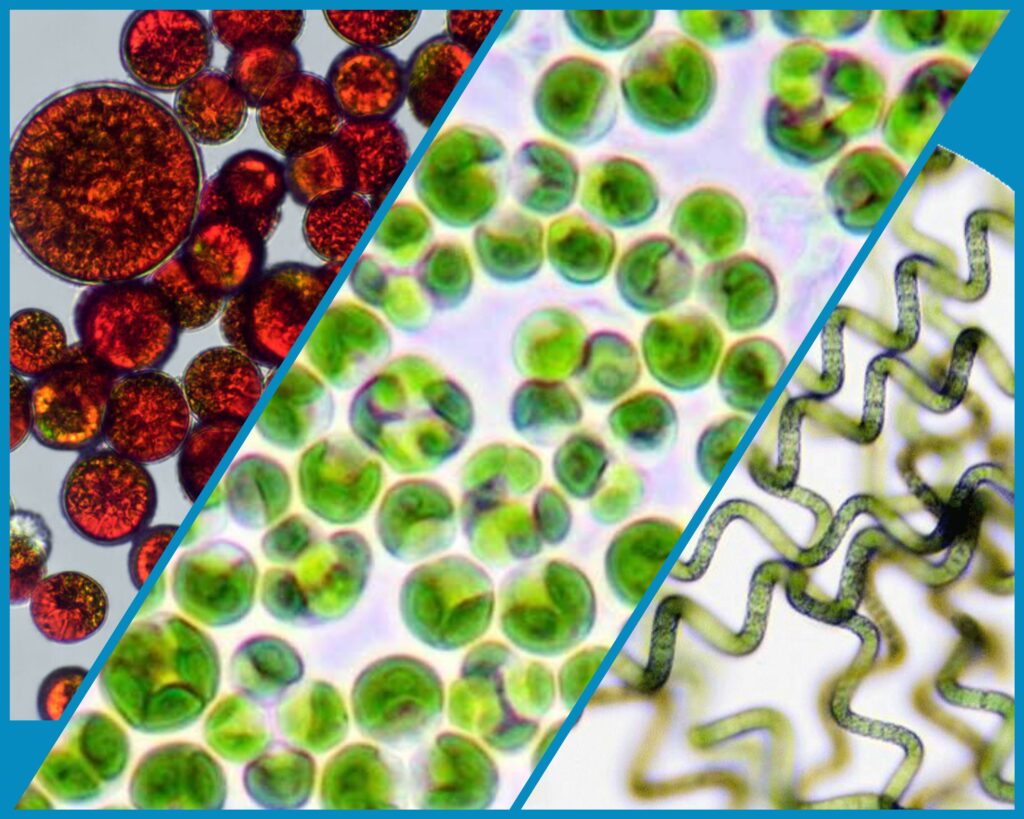Algae have a high protein, iron, and other mineral content which is absorbed when taken orally. Blue-green algae are being researched for their potential effects on the immune system, swelling (inflammation), and viral infections


Algae are the diverse and potential organisms for the future economy